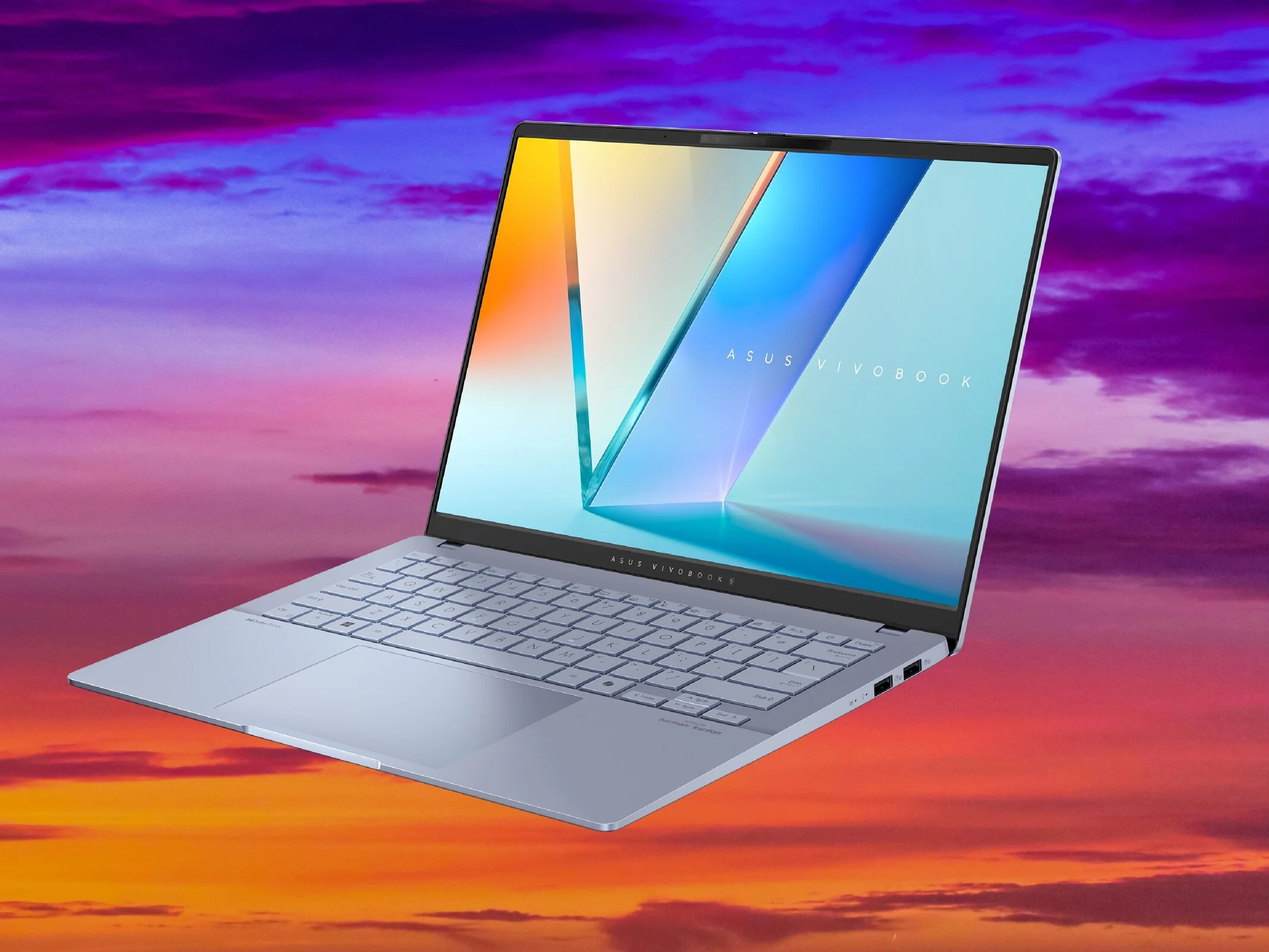Key Takeaways
1. AI Trend Race: Since ChatGPT’s launch in late 2022, companies are rushing to leverage AI for marketing, with Microsoft promoting AI in its Windows laptops through initiatives like “CoPilot+ PC.”
2. Chip Development: Intel and AMD are focusing on creating specialized “AI PC” chips for laptops, with Intel releasing its Core Ultra 100 and 200 APUs, while AMD has included “AI” in the names of its latest mobile chips.
3. Consumer Preferences: Intel has seen a shift in consumer demand, favoring older Raptor Lake laptops over newer AI-focused models, leading to a shortage in production capacity for those older models.
4. Marketing Challenges: The marketing strategies for Intel and AMD’s new processors have been ineffective, lacking engaging use cases that highlight their strengths, such as battery life and gaming capabilities.
5. Future Insights: AMD’s upcoming earnings call will reveal whether its Ryzen AI-based laptops are performing better in the market compared to Intel’s recent offerings.
Since ChatGPT’s launch in late 2022, a new race in AI has begun, prompting firms of all sizes to cash in on the “AI” trend. Microsoft also wanted in on the action, aiming to promote its Windows laptops through AI marketing. Last year, they rolled out the “CoPilot+ PC” initiative to certify laptops that achieve a certain level of machine learning performance.
Chip Makers in the AI Game
Both Intel and AMD, the leading manufacturers of Windows PC chips, have been developing “AI PC” chips tailored for laptops. Intel kicked off its AI PC journey with the Core Ultra 100 Meteor Lake APUs in 2023, which was followed by the Core Ultra 200 Lunar Lake APUs last year. AMD, not to be outdone, went a step further by incorporating “AI” into the names of their newest mobile APUs.
Consumer Preferences Shift
However, it appears that Intel’s pursuit of the AI PC trend hasn’t yielded the expected results. Intel has disclosed that buyers are leaning towards older Raptor Lake mobile laptops instead of the newer Meteor Lake/Lunar Lake models. In their recent Q1 2025 earnings call, Intel mentioned that the rising interest in older Raptor Lake and Alder Lake laptops has led to a shortage in their Intel 7 process capacity. This increased demand for the 13th-generation Raptor Lake laptops is largely attributed to their lower price point. The company stated that laptop manufacturers are “hedging their bets” due to “macroeconomic concerns and tariffs.”
Marketing Missteps
Taking cost factors into account, it’s worth questioning whether the Meteor Lake and Lunar Lake laptops were effectively marketed to the public. Over the last couple of years, Intel and AMD have branded their products as ready for the AI era, highlighting larger NPUs and more advanced iGPUs. Yet, without engaging use cases, the whole AI PC narrative appears to have unraveled.
As noted by Hardware Canucks on X, things could have turned out differently if the latest Intel and AMD processors had been marketed based on their true strengths. For example, laptops featuring Intel’s Lunar Lake APUs, such as the latest Vivobook S 14, can finally claim battery life comparable to that of Apple MacBooks.
In addition, with the recent Arc and Radeon iGPUs, users can enjoy modern gaming on sleek, lightweight devices. These significant selling points haven’t been effectively utilized by Intel, AMD, and Microsoft, overshadowed by the AI PC jargon.
AMD is set to hold its earnings call next, and as Tom’s Hardware highlights, it will be fascinating to see if the Ryzen AI-based laptops are mirroring Intel’s path or performing better compared to AMD’s previous generation chips.
Source:
Link


Leave a Reply